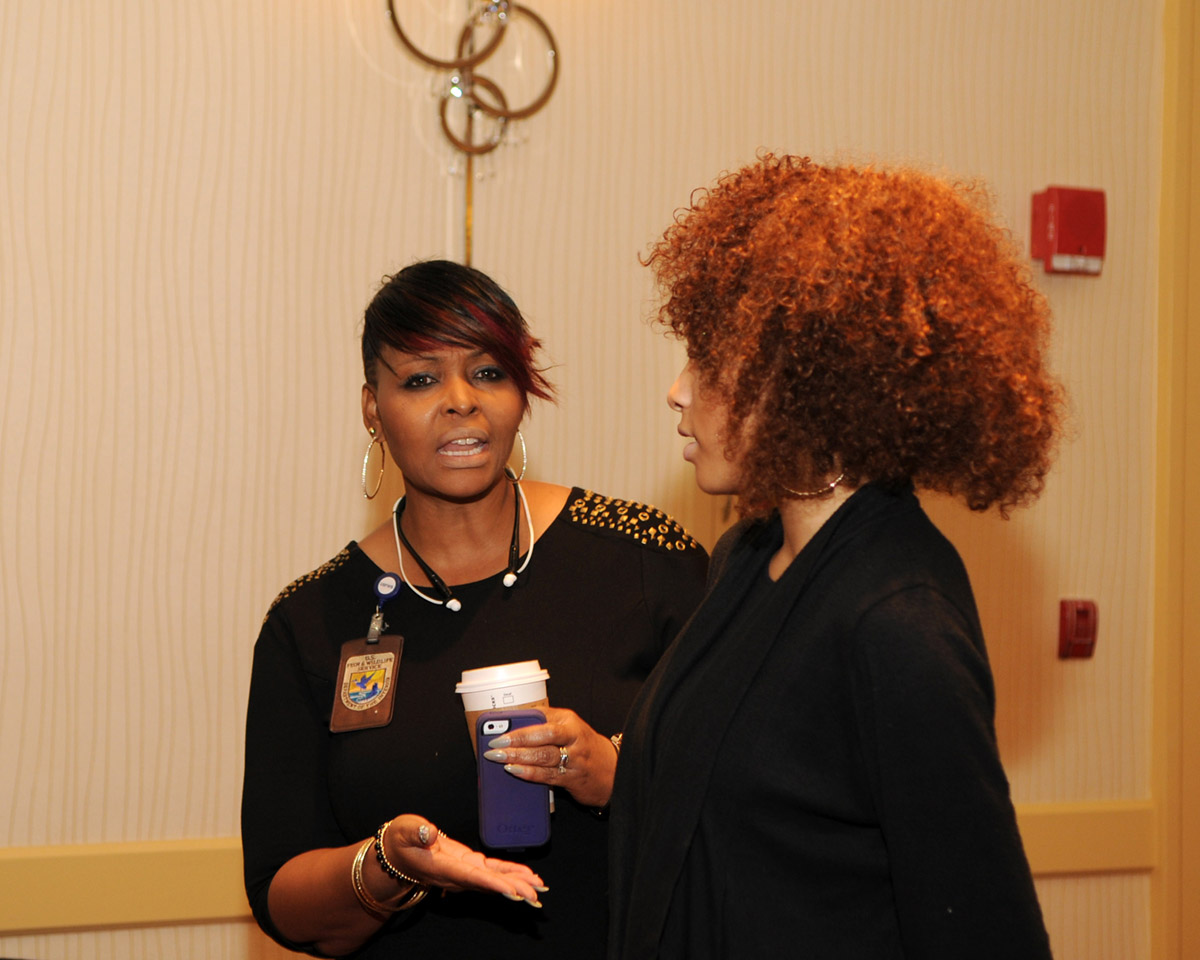
Anxiety is a normal reaction to many everyday situations. It is body’s own way to alter that something is wrong and that one should react. When person experiences a danger or a threat the anxiety normally triggers one’s "fight or flight" response, making the body more alert and ready for action. Person experiences rush of adrenaline and other chemicals with various physical symptoms, rapid heart rate, palpitations, increase in blood pressure, etc.
This is can be extremely beneficial defense mechanism in cases of real physical threat. However, anxiety sometimes arouses as a result of constant psychological treat, or excessive stress. The problem with human body is that it can’t distinguish between the physical and psychological danger.
When this occurs, the body prepares to deal with what it perceives as a threat and person experiences numerous unpleasant physical symptoms.
Most of the sufferers describe their anxiety attacks as highly unpleasant experiences accompanied with the extreme dread or panic. Anxiety attacks can often occur without an identifiable triggering stimulus and when it becomes excessive it may severely disturb one’s everyday life and social situations. To learn how to deal with anxiety attacks, let us first learn how to recognize them.
Symptoms of anxiety attacks
Anxiety is characterized by persistent and severe fear or worry in situations where most people wouldn’t feel threatened. This feeling usually involves manifestations of numerous physical symptoms.
This experience can be highly unpleasant and sufferers often report being afraid of death, heart attack or mistaking their condition for a medical illness. The most common physical symptoms of anxiety attack include: hyperventilation, pounding heart, sweating, cold sweats, stomach upset or dizziness, shortness of breath, pain in the chest, or muscle tension. People often feel faint or nauseated, with sensations of choking or smothering, and derealization.
Managing anxiety attacks
The first step in prevention and management of anxiety attacks is to put one’s mind over matter. Patient should learn to recognize the onset of anxiety attack and take it for what it is. This is the best possible way to weaken its power over the mind, and to keep the attack under the control. Gradually, attacks will become less severe and the patient may fully recover.
Another great aid is to reduce the caffeine intake, as caffeine acts as a natural stimulant able to provoke irregular heart rate, sleeplessness, insomnia and panic. Excessive alcohol, and illegal drugs abuse, especially marijuana, can also trigger panic attacks.
People suffering from dehydration are also more prone to anxiety attacks. Proper hydration is important to maintain all of the body’s processes and hormonal balance.
Certain medications such as anti-anxiety medications and anti-depressants are also commonly used in treatment of anxiety attacks. Combined with behavioral therapy, they produce better results.


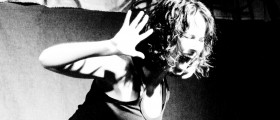

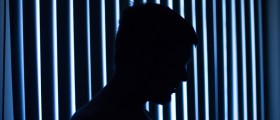



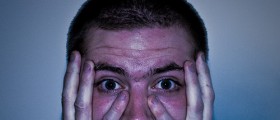

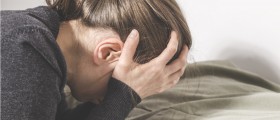
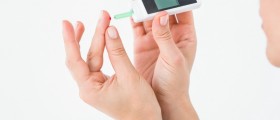





Your thoughts on this
Loading...